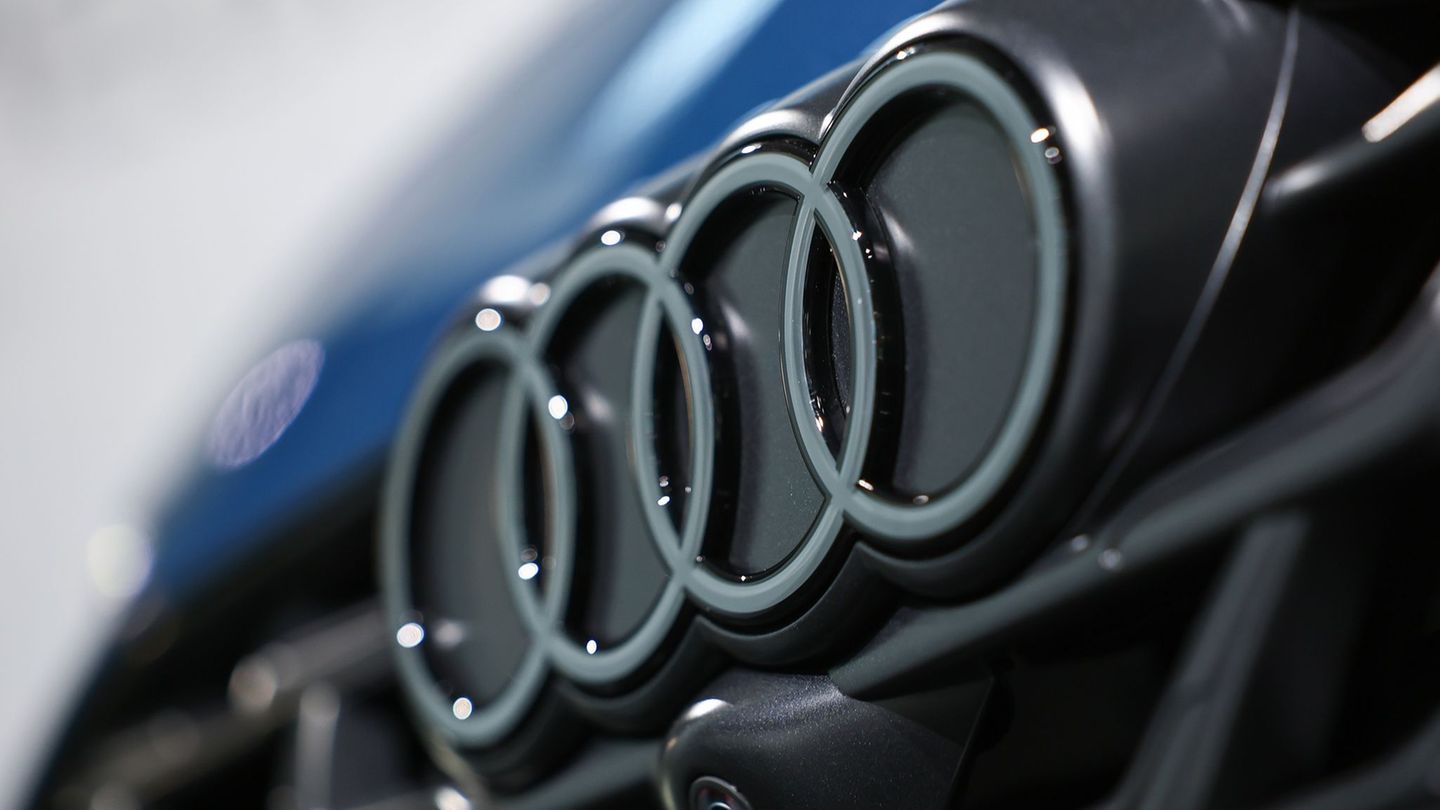Electromobility
The e-car charging network is growing faster than the existing number of electric vehicles
Copy the current link
Because, on the one hand, more and more charging stations are being built, but on the other hand, new registrations of electric cars are weakening, the relative supply has improved, according to calculations by the VDA.
The number of public charging options for electric cars in Germany is growing rapidly. Within a year it has increased by around 45,000, as the Association of the Automotive Industry (VDA) has calculated. That’s faster than a year ago. As of July 1st, there were 17.3 purely battery-powered cars or plug-in hybrids per charging station. A year earlier, the association had calculated a value of around 21.
However, it is difficult to determine the exact growth figures because there are a lot of late registrations in the Federal Network Agency’s charging station directory. If you compare a previous year’s value including thousands of late registrations with a current value without such late registrations, this distorts growth downwards. The VDA therefore used old comparative figures for its calculations without the subsequent reports made since then in order to improve comparability.
More than 145,000 public charging points
According to the VDA, there were 142,793 publicly accessible charging points as of July 1st. As of September 1st, according to the Federal Network Agency, there were 145,857 – including 31,063 fast chargers with an output of at least 22 kilowatts. These numbers are expected to increase due to late registrations.
In purely mathematical terms, electric cars are best served with charging stations in Saxony, Mecklenburg-Western Pomerania and Thuringia. According to the VDA, there are 11.8, 11.9 and 12.0 electric cars per charging point. However, the countries also owe their good performance in this category to the fact that they are among the bottom performers in Germany when it comes to the proportion of electric cars. The worst rates can be found in Saarland with 24.3 electric vehicles per charging point and Rhineland-Palatinate with 21.7.
The VDA continues to see a great need for action in expanding the charging infrastructure; This is an essential key factor in getting people to switch to e-mobility, says association president Hildegard Müller.
dpa
Source: Stern




